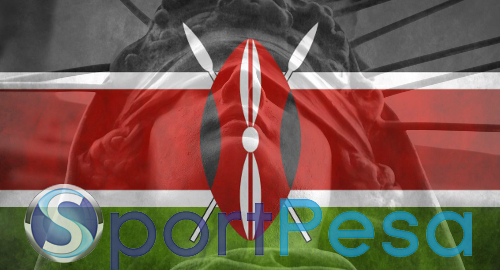 Sports betting operator SportPesa’s legal quest to roll back Kenya’s proposed gambling tax hike has hit a snag due to a judge’s dodgy eyesight.
Sports betting operator SportPesa’s legal quest to roll back Kenya’s proposed gambling tax hike has hit a snag due to a judge’s dodgy eyesight.
On Monday, Bradley Limited Trading, operator of the Pambazuka National Lottery and owned by the same company that controls SportPesa, filed a legal challenge of Kenya Treasury Secretary Henry Rotich’s 2017-18 national budget, which imposed a new uniform 50% tax on all gambling revenue.
On Tuesday, The Star reported that Justice Roselyne Aburili had declined to entertain Bradley Limited Trading’s case, which was filed under a certificate of urgency. Aburili said she had declined to consider the filing “for reasons that the fonts used for typing of documents is too small to be read. I direct the applicant to file reader friendly pleadings for consideration of the court.”
Hardboiled cynics are already crying foul over Aburili’s over-identification with the slogan that ‘justice is blind,’ going as far as to suggest that the judge is merely buying time in order to consult with the government on how best to proceed. The Bradley claim had argued that Rotich had exceeded his constitutional authority by imposing a new tax without parliamentary approval.
The new 50% tax plan marks significant increases on the existing gambling tax rates, which were 5% for lotteries, 7.5% for betting operators, 12% for gaming operators and 15% for competitions. In addition to sparking operator outrage, the tax hikes have been criticized by sports organizations, many of whom are sponsored by gaming firms and who fear the loss of this revenue stream if gaming operators are forced to cut costs.
On Monday, Kenya’s President Uhuru Kenyatta appeared to offer gaming operators some wiggle room, saying that higher taxes were necessary to deter youth from gambling, but the government didn’t intend to “kill your industry or your sector.” Kenyatta added that parliament might be willing to reconsider the tax proposal.
On Tuesday, Kenyatta doubled down on both sides of this pledge, saying the government “can review” the tax hike due to the “outcry that it is too high.” But he repeated his view that higher gambling taxes were necessary to make things “difficult” for people looking to gamble too much money via multiple gambling platforms.